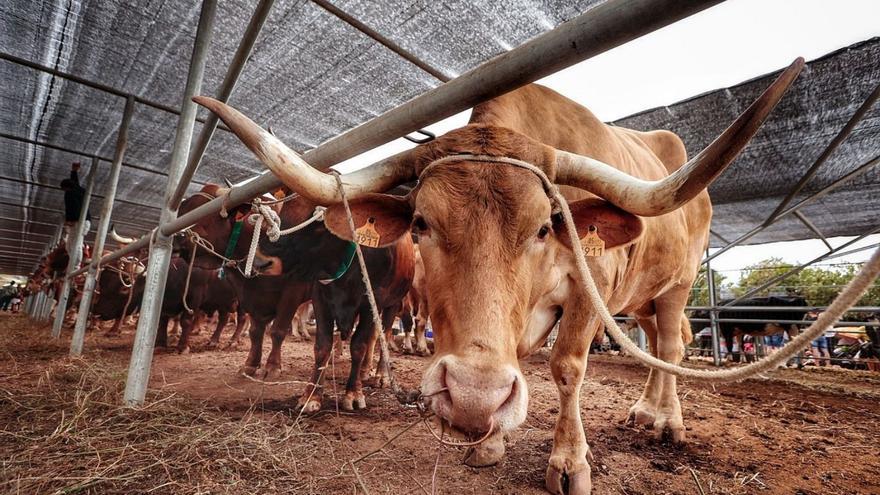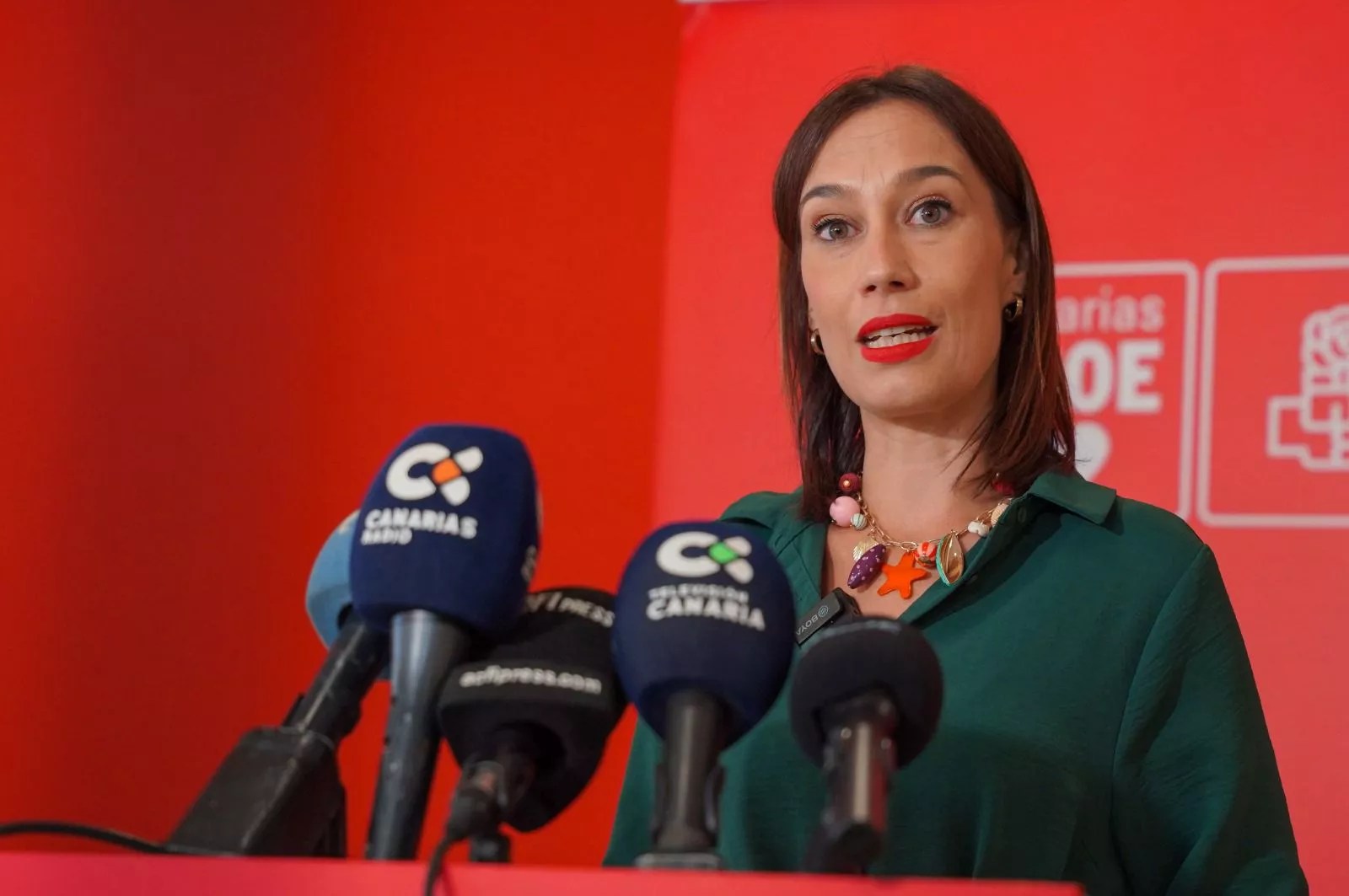
Canarian Coalition in the Cabildo proposes budget items worth 5.2 million euros for aid to the livestock sector before the “deep crisis” that it suffers. The nationalist councilor Antolín Bueno, in a detailed motion, as usual for him, today defends the initiative within the framework of the plenary Commission for the Natural Environment and Municipal Cooperation. The request stands out, within a global amount of 5,260,000 euros, to allocate one million to the creation of a social bond to purchase local livestock products, such as milk, cheese, eggs and meat by the most vulnerable families.
Bueno also urges the Agriculture, Livestock and Fisheries area to approve an item of four million euros for an “extraordinary and urgent call” for aid to cover the costs of feeding sheep, goats, cattle, pigs , rabbit and poultry “with the aim of alleviating the price increase”.
Direct line
The CC-PNC counselor adds the request to endow with 100,000 euros a direct help line to subsidize with 500 per head of cattle the importation of breeding heifers, lasting throughout the year, and that farmers can request it as they need to replace animals.
Bueno also claims another 100,000 euros to subsidize small investments in livestock farms, with a maximum of 6,000 for each one. It would include, in addition to “improvement and energy optimization works”, “actions to improve the health and welfare conditions of animals, both on the farms themselves and in the means of transport.”
Finally, Antolín Bueno raises a game of 60,000 euros “for a program of innovation and modernization of farms.” He believes that this path should lead to “sustainable and ecological livestock farming, based on extensive conditions and combating climate change.” For this, it is necessary to “innovate and use new technologies through a multidisciplinary research team, which helps to make the sector more professional and sustainable”
Antolín Bueno also urges the Government of the Canary Islands to “guarantee compliance with the Food Chain Law” to ensure “that food meets the application requirements” and to farmers “fair prices”. It also proposes to the regional Executive “to promote preferential consumption in public canteens -school catering, nursing homes, etc.- of local livestock products.” It requires “incentivizing the tourism and restaurant sector to purchase and preferential consumption of these products, via company voucher”.
Testimonials
Bueno provides testimonials from farmers like this one from Arico: «Before the pandemic I had 700 goats and now we are going for 300 heads and going down. We do not cover costs and we have to kill 20 or 30 animals every week to be able to buy food and pay the rent, the light or the water and all the expenses». Starting in June, she began to go more frequently to the island slaughterhouse when she ran out of his savings. “I slaughtered 95 animals in 15 days that month,” he says.
Another farmer comments that the situation is unsustainable. “There’s a line at the slaughterhouse,” she says. In addition, she values, «it is very sad to have to look for work outside of ours; I don’t do it because it took me a long time to get here and I don’t want to take my animals away. She concludes. «I feel sadness and sorrow; Artisanal cheese factories close and animals are removed, without a solution ».
The lament of the Association of Cattlemen of Tenerife (Agate) allows us to conclude that «the sector is going through one of the hardest moments because all possible tools have been used to get ahead and we have nothing left to do. Many farmers come to shorten the productive life of their animals to remove mouths to feed.















